
MED-EL
Published May 15, 2025
Presbycusis Explained: A Guide to Age-Related Hearing Loss
Presbycusis is the most common cause of hearing loss. Find out what causes it, its common symptoms, and how it can be treated.
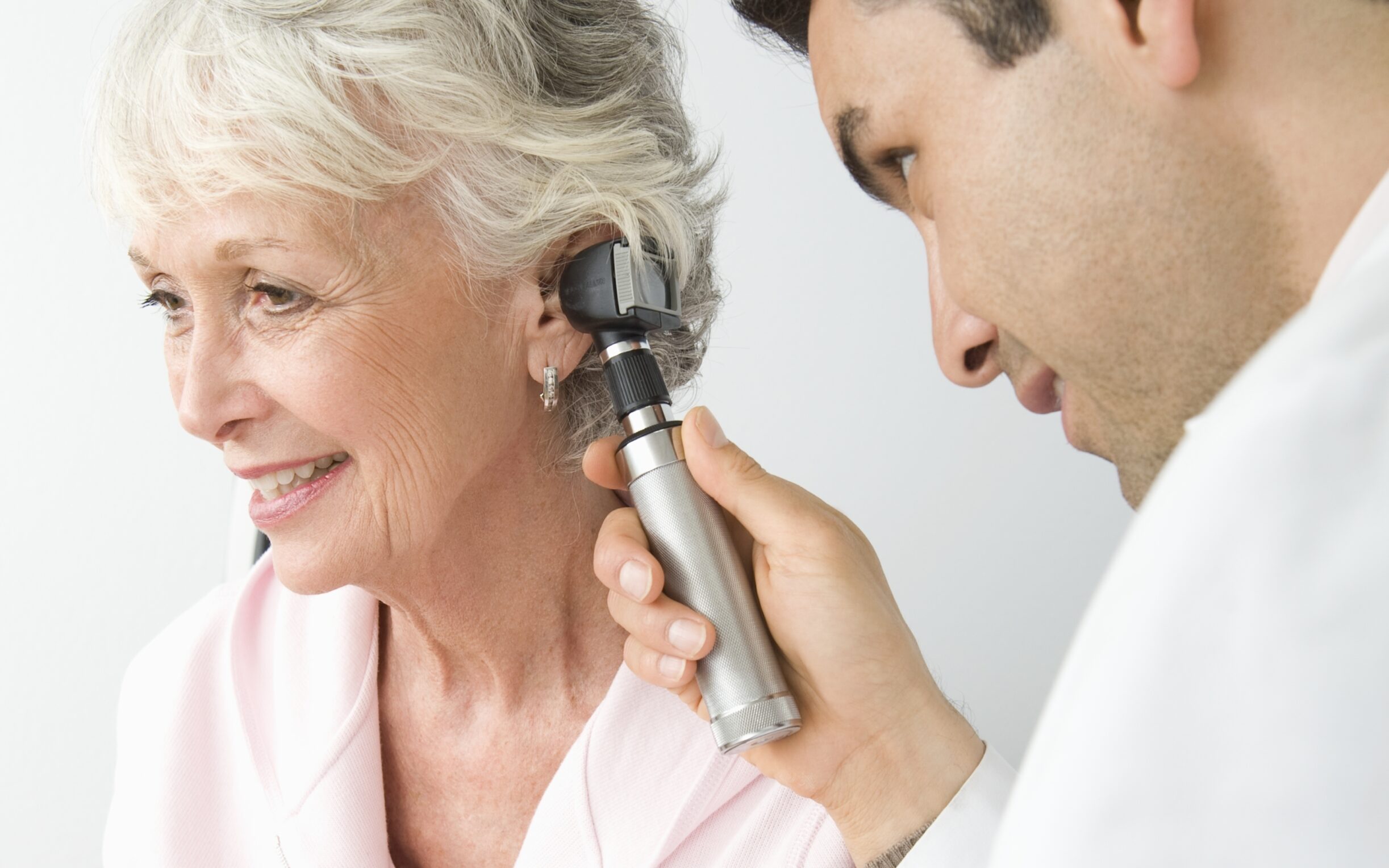
Presbycusis is the slow loss of hearing in both ears. It’s the most common reason people lose their hearing and is a natural part of the aging process.
Let’s dive into its symptoms, causes, and consequences. We’ll also look at ways you can try to prevent or reduce the likelihood of experiencing presbycusis, as well as common treatments.
What Is Presbycusis?
Presbycusis is a type of sensorineural hearing loss that develops gradually as we get older. It happens because the cells in our inner ears gradually deteriorate with age, meaning that sounds can no longer reach our brain as effectively. Presbycusis can range in severity from mild to profound and usually affects both ears at the same time.
It’s very common—about one in three people over 65 and one in two over 70 in the USA experience it.
How Is Presbycusis Defined?
Presbycusis is a medical term which comes from the Greek words for old (presbys) and hearing (akousis). And that sums it up perfectly: It’s hearing loss that happens as we age. It is more commonly referred to as age-related hearing loss.
How to Pronounce Presbycusis
Presbycusis is pronounced prez-buh-KYOO-suhss. You might also see it spelt as presbyacusis (prez-buh-ahh-KYOO-suhss).
What Causes Presbycusis?
Our inner ears are lined with thousands of tiny hair cells (stereocilia). When a sound vibration travels through our ear, it moves these hair cells and sends a signal to our auditory nerve, which is then sent to our brain. As we age, these cells tend to stiffen, deteriorate, or die, impacting our ability to hear.
Age-related hearing is believed to start in the late forties or early fifties, worsening gradually with time. However, there are also certain risk factors and medical conditions that seem to increase the likelihood of age-related hearing loss.
Presbycusis Risk Factors
Here are some factors that can increase your chance of getting age-related hearing loss:
- A family history of hearing loss
- Long-term exposure to loud noises
- Exposure to heavy metals such as mercury and lead
- Certain medications, including antibiotics and chemotherapy
- Smoking
Medical Conditions and Presbycusis
Research suggests that some medical conditions affecting older adults are also associated with hearing loss. These include:
- Heart disease or cardiovascular health
- Diabetes
- Hypertension (high blood pressure)
- Stroke
Can I Prevent Presbycusis?
While you can’t completely prevent age-related hearing loss, there are things you can do to slow it down or reduce your risk, including:
- Wearing earplugs or other hearing protection in loud environments such as concerts
- Keep the volume of your TV or device down, especially if you’re using headphones
- Manage health conditions linked to hearing loss, such as diabetes
- Attend hearing tests regularly
- Quit smoking
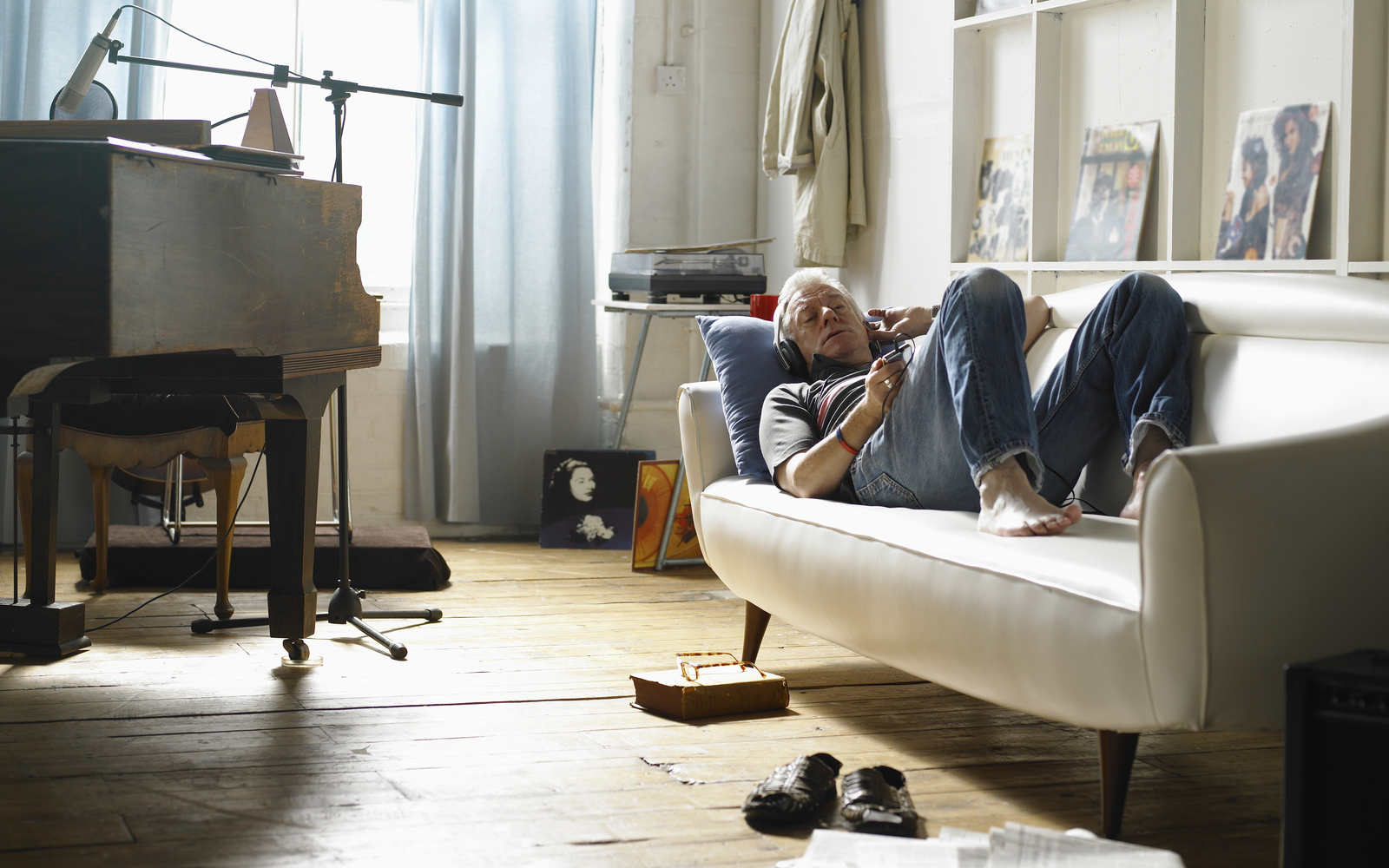
What Are the Symptoms of Presbycusis?
The symptoms of presbycusis typically appear slowly, becoming more severe as hearing loss progresses. They can affect your ability to hear and understand sounds.
Common Symptoms
Signs of presbycusis vary from person to person, but some signs you might have age-related hearing loss include:
- Difficulty hearing high-pitched sounds like birds singing or alarms
- Trouble understanding conversations when there is background noise or more than one person is talking
- Other people’s speech sounds mumbled or slurred
- Difficulty knowing what direction sounds come from
- Finding men’s voices easier to understand than women’s and children’s
- A tendency to read lips
- Difficulty understanding phone calls
- Speaking more loudly
- An increasing tendency to turn up the volume of the TV or radio
Other Symptoms
People with presbycusis often experience other hearing-related conditions including:
- Tinnitus: The perception of a ringing or buzzing sound in your ear(s)
- Hyperacusis: A rare hearing disorder where everyday sounds like car engines and people chatting seem unbearably loud or painful
I Think I Have Presbycusis. What Should I Do?
If you’re experiencing symptoms of age-related hearing loss, it’s important to talk to your primary care doctor. They can refer you to an ear, nose, and throat (ENT) specialist, audiologist, or other hearing professional for an official diagnosis.
You can also take our free online hearing test for a quick assessment of your hearing.
Effects of Ignoring Presbycusis
The impact of age-related hearing loss goes far beyond your hearing. Research shows that hearing loss can lead to:
- Communication Problems: Difficulty hearing can lead to misunderstandings and frustration in conversations.
- Social Isolation: People may avoid social activities because they struggle to follow conversations, leading to loneliness.
- Mental Health: Untreated presbycusis can increase the risk of depression, anxiety, and low self-esteem.
- Cognitive Decline: People with hearing loss are more likely to experience dementia.
- Safety Risks: Hearing loss can make it hard to hear alarms, sirens, and approaching vehicles, posing safety risks.
- Lower Quality of Life: Overall, untreated hearing loss can significantly reduce quality of life.
That’s why it’s important to talk to a healthcare professional for a proper diagnosis and to explore treatment options.
How Is Presbycusis Diagnosed?
Presbycusis is usually diagnosed by an audiologist or ENT. Diagnosis usually involves:
- A review of your hearing challenges and medical history
- A physical examination of the inside of your ear to rule out any other causes of hearing loss, like earwax, swelling, or eardrum damage.
- Hearing tests such as pure tone audiometry, which find the quietest volume you can hear at each pitch.
Depending on your audiogram, your doctor might diagnose presbycusis.
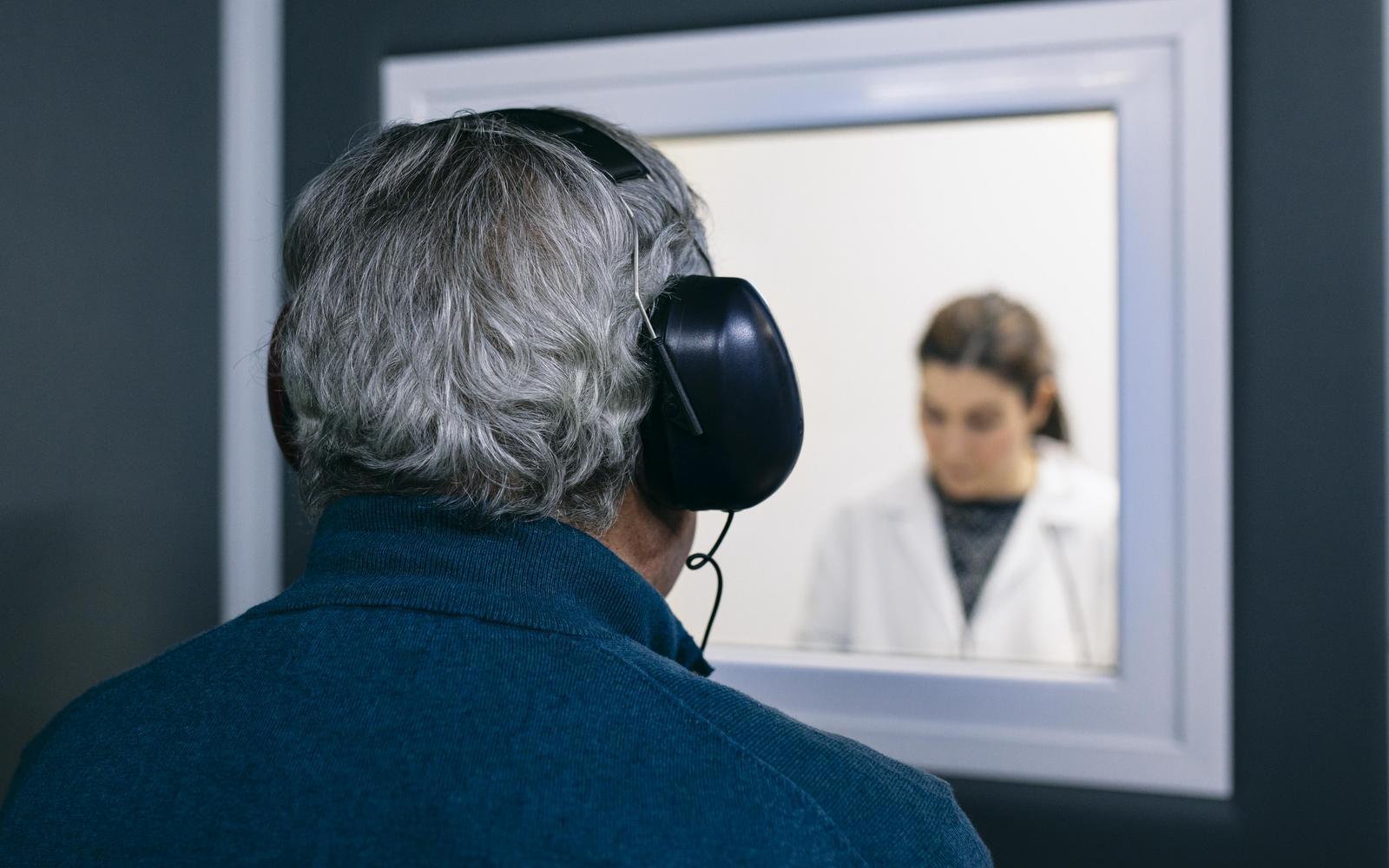
What Treatment Options Are There for Presbycusis?
Although there is no cure for presbycusis, there are ways to treat the symptoms of your hearing loss and reduce its impact on your everyday life. Your hearing specialist will be able to advise you on the best option depending on the severity of your hearing loss.
Hearing Aids for Presbycusis
Hearing aids are the most common treatment for age-related hearing loss. They work by amplifying sounds, making them louder and easier to hear. This is especially useful for people with mild and moderate hearing loss.
You need to have some hearing left in your ear to benefit from hearing aids, so they might not be the best option if your presbycusis is severe or profound.
Cochlear Implants for Presbycusis
If your age-related hearing loss is already severe or profound, your doctor might recommend cochlear implants. Instead of amplifying sound, they turn sound into electrical signals that stimulate the inner ear (cochlea). From here, the signals travel to the brain and are heard as sound.

Cochlear Implants From MED-EL
Learn about how a Cochlear Implant could help you.What Are My Next Steps?
Age-related hearing loss might sound a bit daunting, but it’s something many people experience as they get older. The good news is, there are ways to manage presbycusis and keep enjoying life to the fullest.
By understanding the symptoms and causes, you can take steps to protect your hearing. Simple things like wearing ear protection, keeping an eye on your health, and getting regular hearing tests can help.
And if you think you might have presbycusis, reach out to a healthcare professional to get your hearing checked. Taking action early can make a big difference to your overall quality of life.
Want to Know More?
Take the first step today: Your local MED-El team can advise you on whether a cochlear implant could be a good option for treating your presbycusis.
Get In TouchReferences

MED-EL
Was this article helpful?
Thanks for your feedback.
Sign up for newsletter below for more.
Thanks for your feedback.
Please leave your message below.
Thanks for your message. We will reply as soon as possible.
Send us a message
Field is required
John Doe
Field is required
name@mail.com
Field is required
What do you think?
© MED-EL Medical Electronics. All rights reserved. The content on this website is for general informational purposes only and should not be taken as medical advice. Contact your doctor or hearing specialist to learn what type of hearing solution suits your specific needs. Not all products, features, or indications are approved in all countries.

MED-EL

MED-EL
.png)
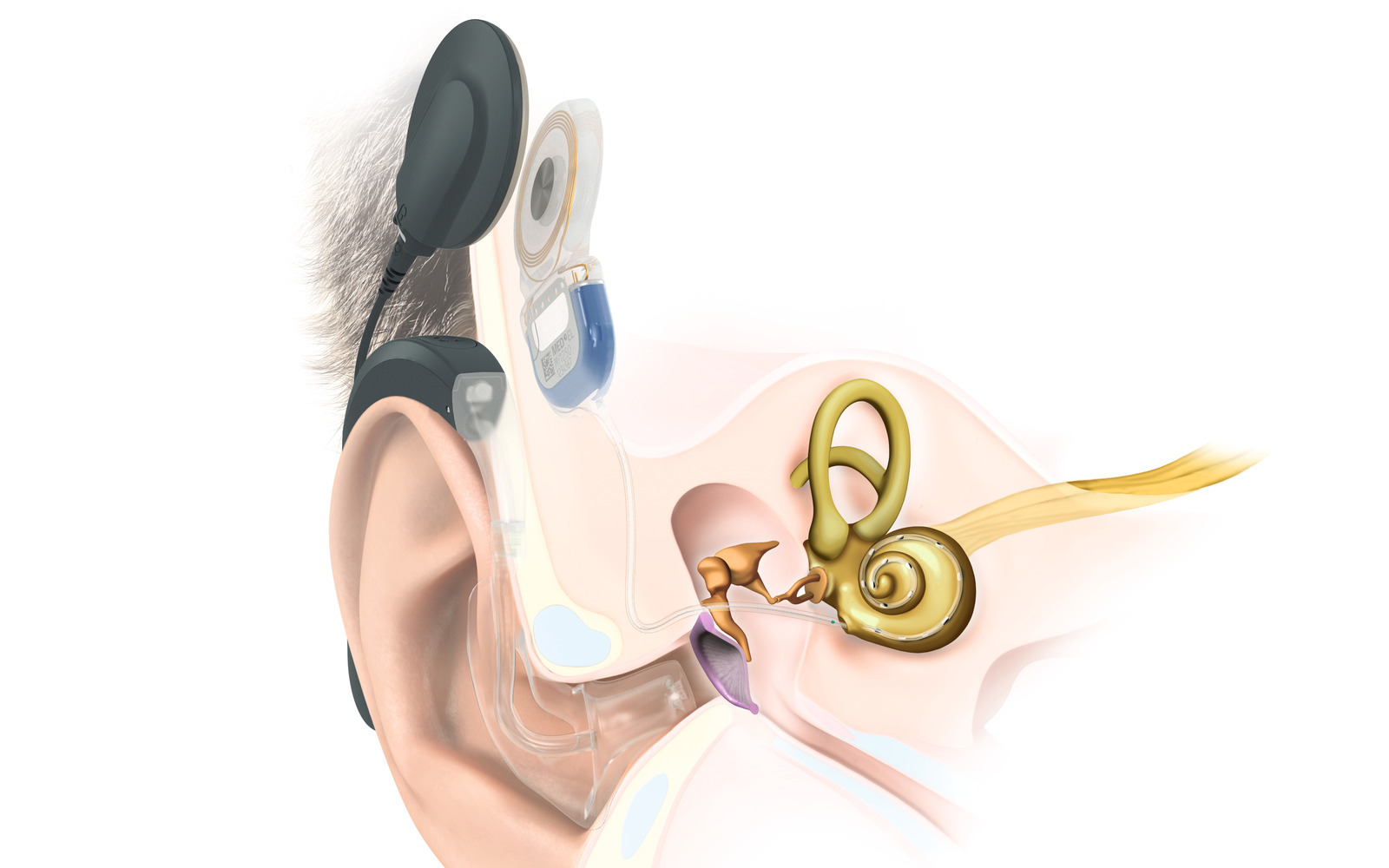
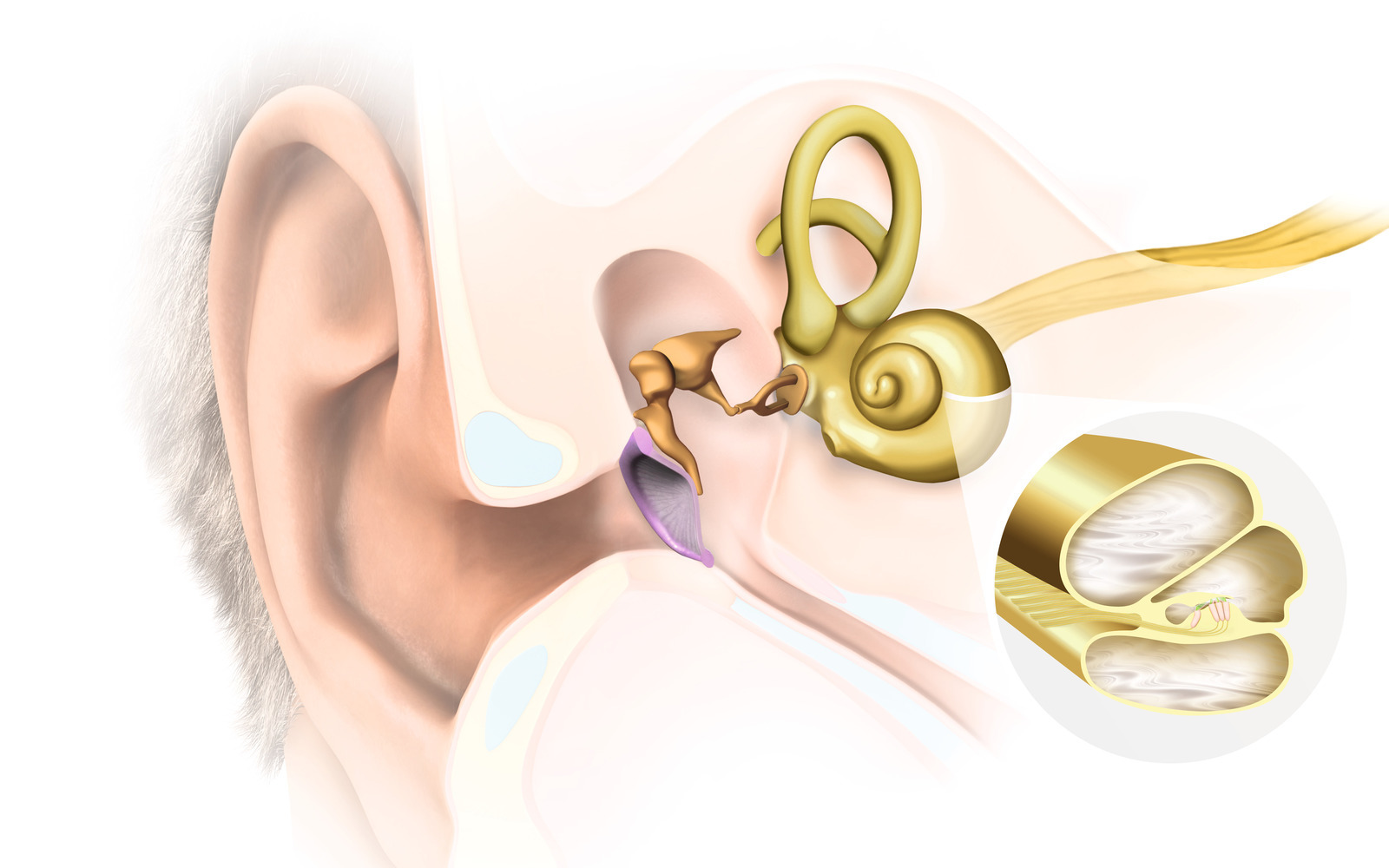


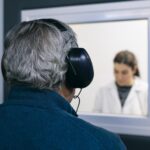

Conversation
1 Comment